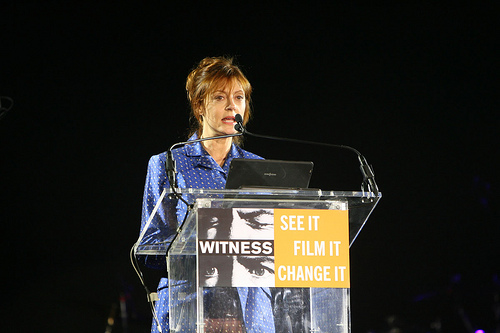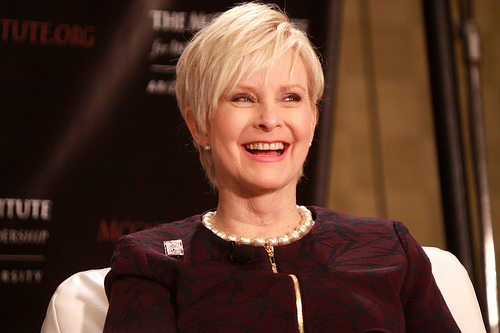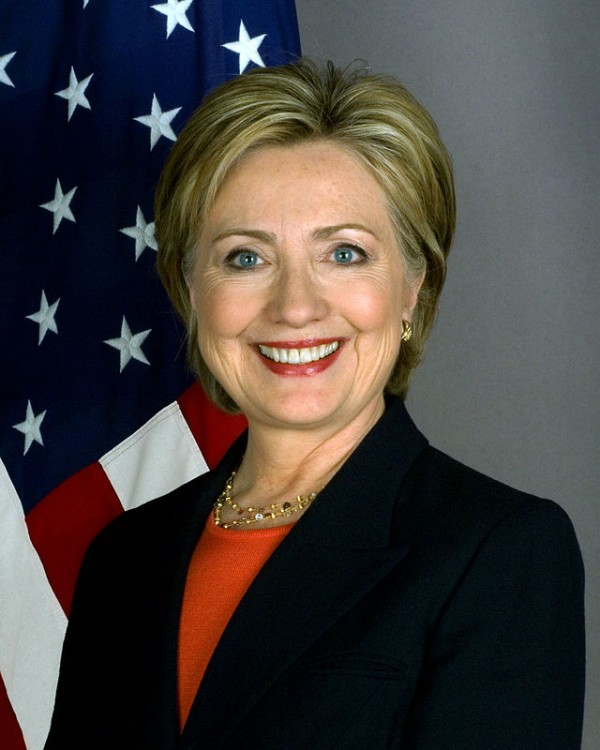Big Mother Is Watching You: Hollywood Edition
For her third installment of Big Mother Is Watching You, a guide to prominent anti-sex worker activists and officials, Robin D goes to Hollywood to check out do-gooder celebrities and the whorephobic campaigns they run.
Susan Sarandon and Meg Ryan


Susan Sarandon and Meg Ryan were key players in NGO fraud Somaly Mam’s ascendence in Hollywood. Mam is the celebrity activist exposed by Newsweek in 2014, after a slew of articles about her fabrications appeared in The Cambodia Daily in 2012 and 2013. She ran a re-education camp filled through brothel raids and therefore populated by local sex workers held against their will and others deemed to be “at risk” through Mam’s organization AFESIP (Agir Pour Les Femmes en Situations Precaires). Both populations were instructed on at least several occasions to lie about their stories and concoct trafficking tragedy porn to relate to visitors and journalists.
“I have been personally inspired by the work of Somaly Mam and I encourage anyone who can devote time and money to help Mam continue to make a difference in this world,” Sarandon stated on the Somaly Mam Foundation website. Ryan appears in Nicholas Kristof’s documentary Half the Sky, which lauded Mam’s organizations for their work. Both Sarandon and Ryan were photographed multiple times with Mam at various Hollywood events and fundraisers.
Sarandon seems to have missed the point of the May 2014 expose of Mam in Newsweek, saying that she continues to believe Mam’s story regardless. Mam’s victims, though, apparently aren’t worth her consideration. Sarandon has made no public statement on the testimony of the women now saying that Mam coached them to lie and fabricate horror stories about being trafficked, including Srey Mao and Meas Ratha; nor on the medical records on purported Mam trafficking victim Long Pros’ eye, proving that her eye was removed in surgery for a tumor and not by an imaginary pimp gouging it out; nor the untold many sex workers who have been and continue to be imprisoned in “rehabilitation centers,” including AFESIP’s center.



